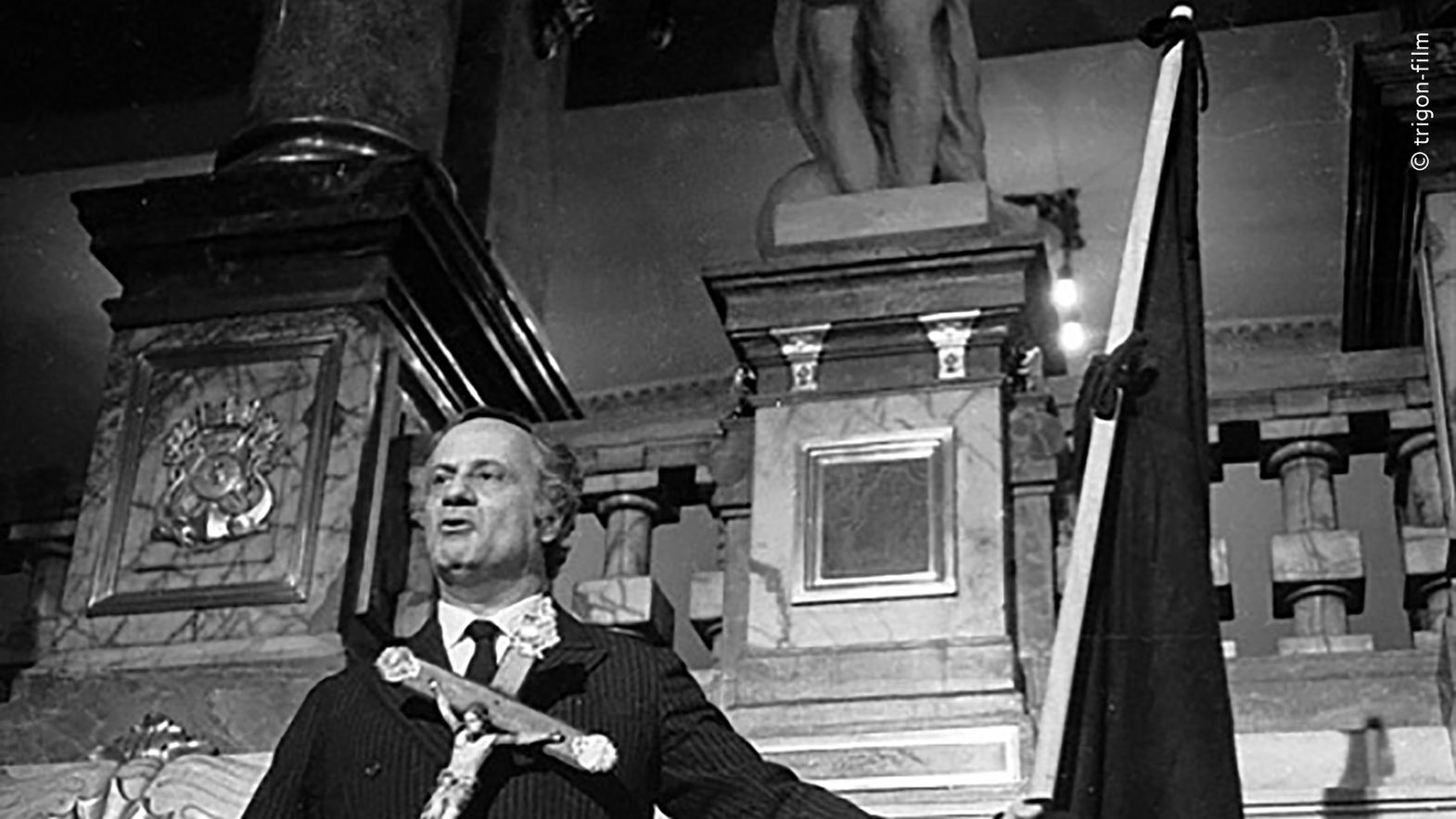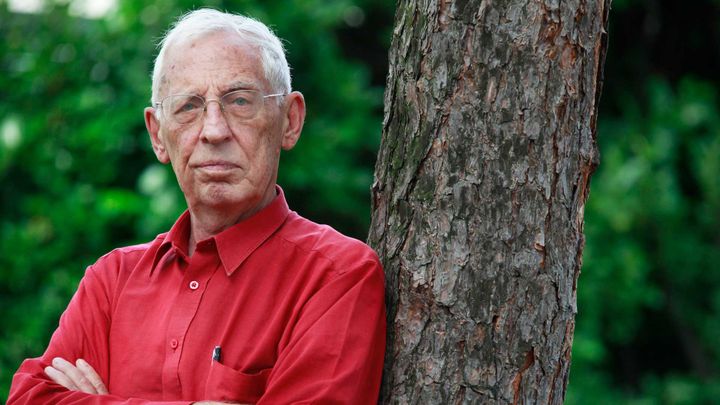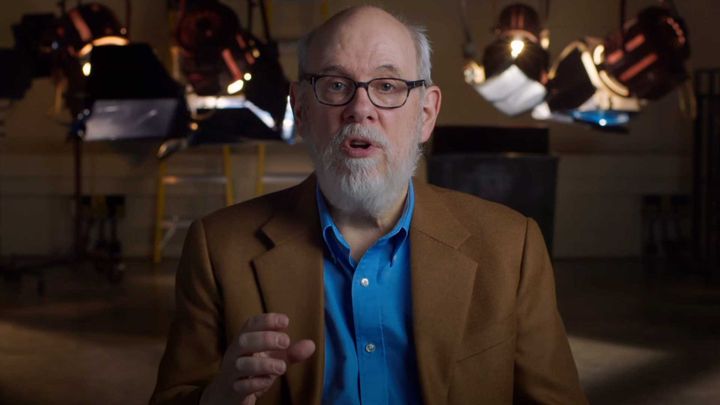There are films that mark entire filmmaking nations, and leave an unavoidable mark that you will come into contact with whether you want to or not. Glauber Rocha’s Entranced Earth is one of those films. It’s a cinematic and political milestone, which received awards and scorn in equal measure. It’s a film that screams cinema and politics, with its aesthetic power and ideological stance. Calling Entranced Earth the most important Brasilian film of all time might be hyperbole, but Rocha’s 1967 film is undoubtedly one of the works that most strongly influenced South American cinema. Most notably, it also set the tone for Cinema Novo, the regional equivalent of the New Wave.
All it takes is the first three shots Rocha uses to take us to Eldorado to realize the film will set things on fire. That undefined and isolated place in South America is nowhere, because it is everywhere. In telling the harrowing experience of the communist poet Paul, pushed over the edge by the struggle between ideals and reality, Entranced Earth is the political manifesto the director uses to expose the widespread corruption in Brazil, three years after the coup that led to military dictatorship. A partisan of the ideal, Rocha accompanies each camera movement with a slap, using the stage of the real to craft a hypnotic film, which weaves the fabric of reality wit surreal textures.
If we were to identify common threads between the various sections of Locarno 2020, Entranced Earth could be the closing chapter of a political trilogy that also consists of Hugo Santiago’s Invasión and Dino Risi’s In the Name of the Italian People. They’re very different films in terms of genre, aesthetics and director background, but they also share an era (1967, 1969 and 1971) and cinema’s ability to see itself reflected in reality, turning itself into the funny or violent weapon of social conscience.
Alessandro De Bon




